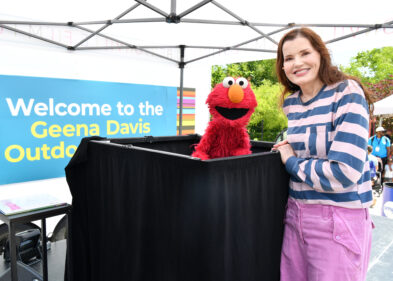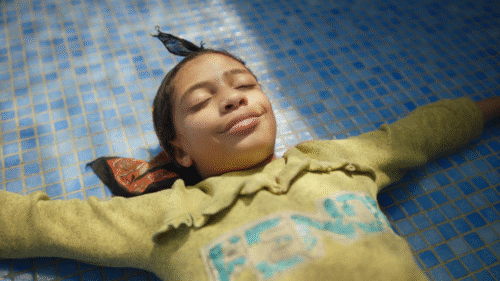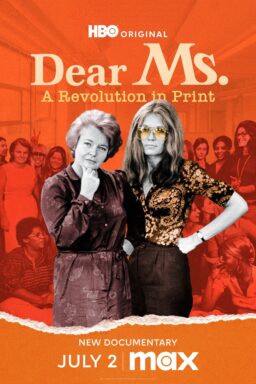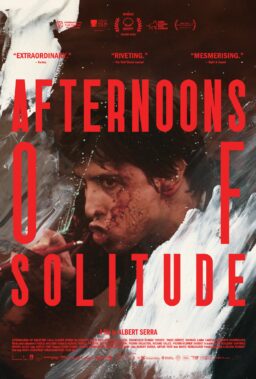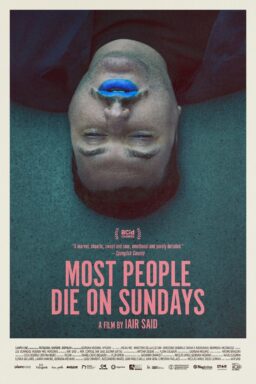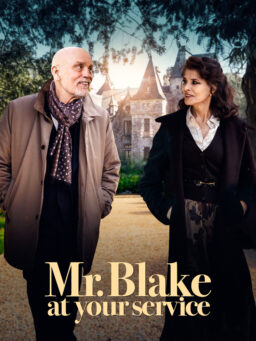CANNES, France — On the day that he won the best actor award at the Cannes Film Festival, Sean Penn sat with his wife, Robin Wright, and co-star John Travolta and talked about the spirit of John Cassavetes.
Cassavetes died in 1989. He remains the patron saint of actors who want to direct, who want to free themselves from the lame-brained formulas of genre filmmaking. He made freewheeling, anarchic personal films (“A Woman Under the Influence,” “Love Streams,” “Faces“). They starred himself, Ben Gazzara, Peter Falk and Seymour Cassel – and almost always his wife, Gena Rowlands, as a desperate blond in search of urgent answers.
And now one of his last screenplays, “She's So Lovely,” written in the 1970s, had been filmed by his son, Nick, and starred Penn, Wright and Travolta as three characters so crazy, possessed and blinded by love that they could only have been written by the master.
Penn and Wright play alcoholics, desperately in love, who live in a Skid Row hotel and conduct their lives in public: in bars, in hallways, in the streets. The Penn character is institutionalized. Ten years pass. Wright is married to Travolta, and they live in a serene suburban home with their three children; the oldest girl is Penn’s. He is released, and Travolta brings Penn back to the suburban home for a reunion that more or less defines dysfunctional relationships.
As you watch the film, you sense Rowlands standing behind Wright, Cassavetes standing behind Penn, and Gazzara or Falk in the Travolta role. Did John originally write this story intending to film it with his usual accomplices? “I don’t think so,” Sean Penn said, over lunch at the Hotel du Cap here. “He seemed to feel it was about characters younger than he was. When I met with him about it in the 1980s, he talked about it like it was mine from the start.”
Penn originally hoped to direct it, and he and Miramax Films chief Harvey Weinstein tried for seven or eight years to make it, but it was “more than hard” to get the financing. Penn would have shot it in black and white: “I thought it needed a divided reality, a style that let you know it was a special kind of realism.”
Now it has been made by John’s son, Nick, whose own directorial debut, “Unhook the Stars,” starred his mother, Gena Rowlands, and Marisa Tomei in the story of an older woman befriending a confused younger one.
“She’s So Lovely” is the kind of film where audiences ask why the characters did what they did. Would a second husband bring a first husband home? Would a mother consider leaving her children? Such questions also occurred to the actors. The film’s explanation is that love is so enduring, it sweeps everything else aside.
“I think one of the keys,” Travolta said, “is the nuttiness of all three of the characters. Not just Sean’s. John never wrote a functional character in his life.”
Penn agreed. “There are much uglier reasons for people to do unthinkable things than the reasons in this movie. What Cassavetes is saying is, look, these people live in a world where everyone is wrong about everything they do most of the time. But there is one thing that’s pure from start to finish. And to maintain that one thing, there may be casualties.”
That one thing is their love. But . . . what about the kids?
“If your kids learn by example, then maybe this is a lesson they can learn from,” Penn said. “The lesson that the Kramers’ child learned, in `Kramer vs. Kramer’ (another film in which a mother leaves a child) was that its parents could not continue their love. The kids in this movie learn that love can go on forever.”
Travolta: “And besides, who’s to say she won’t be back in two or three days?”
Robin Wright nodded. “I had a big problem with it morally,” she said, “until I realized that the characters do not live in reality. When we were making the film, I was considering a speech in which I could kind of explain to the kids, `I love you, you’re great kids, take care of your sister, you know I love you . . .’ and so forth, and maybe that would have made it easier . . .”
Yes, but then it would have sewed everything up. It would have made it all tidy, and emotional tidiness was not what Cassavetes was about. Maybe the movie is more interesting because it shows people behaving irrationally.
Some Cannes viewers wondered why the children were apparently so well-adjusted. “I think in some families the children are forced to be the parents,” Penn said. “If you know actors and know how screwed up some of those families are, you’d find this recognizable. You might accept it as happening in life, so why not accept it as happening in film? I wonder if we’ve gotten to the point where every moment of every movie has to be believable, according to politically correct standards. Cassavetes had his characters making unsignaled left turns all over the place.”
Yes. We were talking midway through the afternoon, and the festival awards would be revealed that evening.
“I don’t think we’ve been asked to stay,” Penn said. Being “asked to stay” by the festival is a good signal that your film has won a prize, and you will be needed to accept it.
“We’ve been asked,” Travolta said. “I heard from Miramax just before I came over to lunch.”
“Oh,” said Penn. And four hours later he was on the stage of the Palais des Festivals, clutching his Palme Award as best actor, and thanking a lot of people, but most of all, John Cassavetes.


